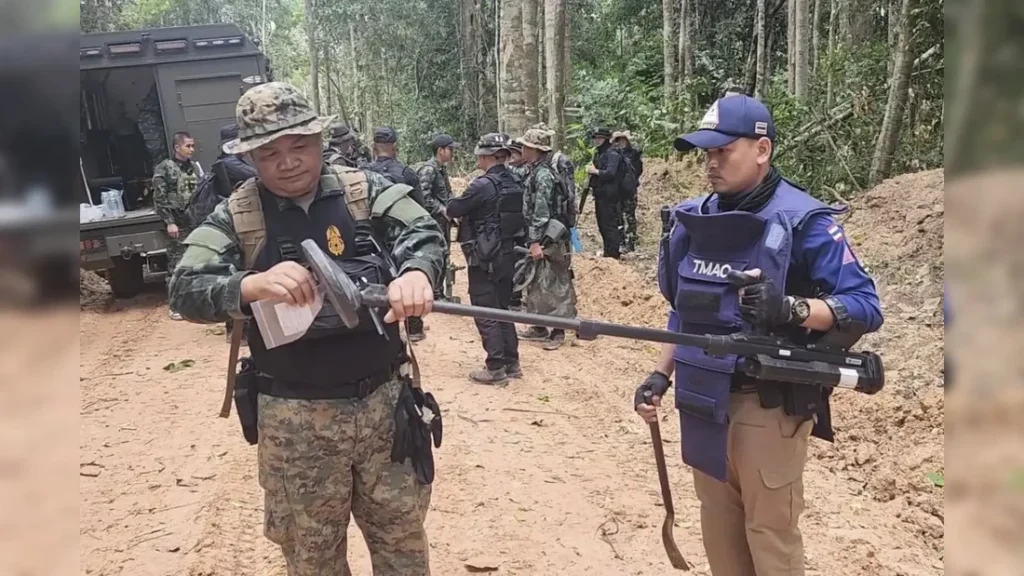Efforts to end days of deadly border clashes between Thailand and Cambodia suffered a major setback on Tuesday, as Thailand accused Cambodia of violating a ceasefire just hours after it came into effect.
The ceasefire, brokered in Malaysia and agreed upon late Monday, was meant to halt a five-day conflict that has already claimed at least 33 lives and displaced tens of thousands. However, the Thai military claimed it came under fire from Cambodian forces “at multiple locations” along the border despite ceasing its own attacks after midnight.
Cambodia, in contrast, denied any hostilities since the ceasefire deadline, with its defence ministry stating there were “no armed clashes” since midnight. Cambodian Prime Minister Hun Manet had earlier remarked that “frontlines have eased,” suggesting a potential de-escalation.
The fragile truce came after mounting diplomatic and military tensions over a century-old border dispute. The conflict flared in May when a Cambodian soldier was killed in a skirmish, prompting a tit-for-tat escalation. The situation worsened when five Thai soldiers were injured by a landmine, triggering retaliatory airstrikes and heavy artillery exchanges.
Last week’s violence culminated in Cambodia firing multiple rockets into Thai territory, killing several civilians and prompting Thailand to close some border crossings, expel the Cambodian ambassador, and recall its envoy from Phnom Penh.
Monday’s ceasefire followed a meeting between Hun Manet and Thai Deputy Prime Minister Phumtham Wechayachai, with Malaysian Prime Minister Anwar Ibrahim acting as mediator. The United States also pressured both sides, with President Donald Trump reportedly threatening to suspend tariff talks if the violence continued.
The long-standing dispute largely centers on the territory surrounding an 11th-century Hindu temple, which Cambodia controversially sought to list as a UNESCO World Heritage site in 2008, igniting nationalist sentiments on both sides.
With commanders’ meetings postponed and independent monitoring yet to be established, the path to lasting peace remains uncertain. Both nations have reinforced military positions along the border, and while official statements call for calm, the situation remains highly volatile. Without swift diplomatic intervention, the ceasefire risks collapsing entirely.

